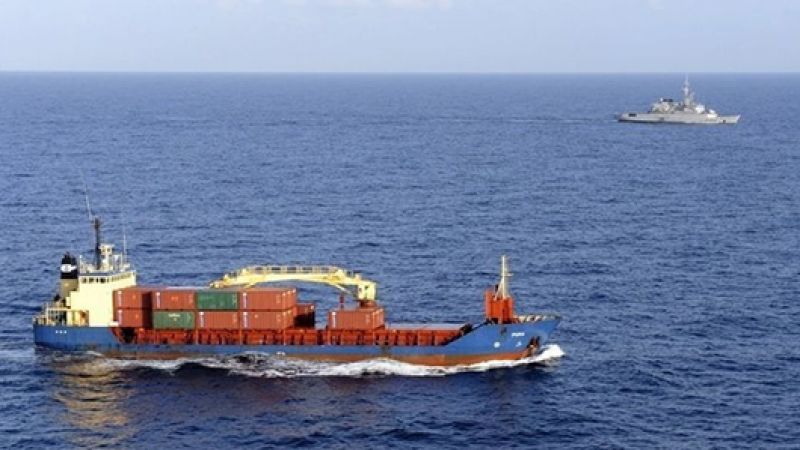
Local Editor
Cruise missiles, floating mines and a remote-controlled boat have been deployed to attack ships in Yemen in recent months, changing the dynamic of the two-year-old war and pushing the country closer to famine, shipping and aid officials say.
The conflict in Yemen, which al Qaeda has exploited to thrive amid turbulent conditions, has left four-fifths of the population in need of aid. Relief officials say food reserves will run out in two to four months.
Increasingly innovative maritime raids near the narrow Bab al-Mandab maritime passage, which connects the Red Sea with the Gulf of Aden and the Arabian Sea, add to already severe difficulties getting aid and commercial supplies to a country that imports 90 percent of its food and fuel by sea.
Saudi-led air strikes close to vital ports in the Houthi-controlled north are also curbing imports, shipping sources say.
"The potential for merchant ships to be caught up in this as collateral damage is high," said Phillip Belcher, marine director with INTERTANKO, an association which represents the majority of the world's tanker fleet.
"Several of the attacks on military operated vessels have taken place in close proximity to merchant ships," he said.
With nearly 4 million barrels of oil shipped daily to Europe, the United States and Asia plus commercial goods via the waterway, the stakes are high for ships sailing through the strait and for those making stops at ports in Yemen.
Shipping industry sources say shipping firms were becoming more reluctant to deliver goods to Hodeidah port together with the neighboring port of Salif also on the Rea Sea.
Robert Mardini, regional director for the Near and Middle East with the International Committee of the Red Cross (ICRC), said it had stopped using Hodeidah, which is one of the major gateways for goods into Yemen.
"Nobody wants to go to Hodeidah ... from our list of suppliers. So this is problematic," he said this week. The ICRC added it had not used the port for several weeks.
The reluctance compounds delays in aid deliveries that have been reported at Hodeidah for months. The United Nations has said the coalition has been holding up aid deliveries and hitting infrastructure.
More than 10,000 people have been killed in the conflict, which the United Nations has said is now the largest food insecurity emergency in the world, with an estimated 7.3 million people needing immediate help.
Source: News Agencies, Edited by Website Team